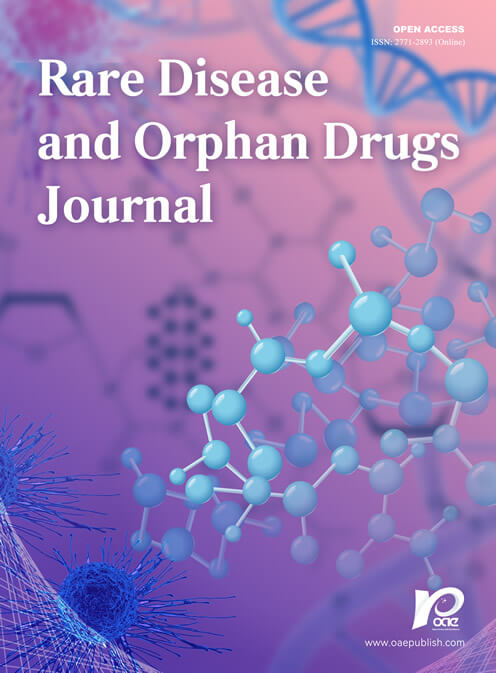fig1

Figure 1. The molecular pathogenetic mechanisms causing renal damage in Fabry nephropathy. The GLA mutation causes the synthesis of altered proteins with stimulation of endoplasmic reticulum stress. The unfolded protein response determines the release of inflammatory cytokines and increases apoptosis (light blue boxes). The GLA mutation also causes the lysosomal deposition of Gb3/lyso-Gb3 with derangement of lysosomal functions and release of cytokines (pink boxes). The Gb3/lyso-Gb3 deposition can stimulate the new cellular protein synthesis, activating the Notch-1/NF-κB pathway and releasing pro-inflammatory and profibrotic cytokines (green boxes). All these pathways are interconnected, and the final result is the inflammation and fibrosis of the kidney. Gb3: globotriaosylceramide; lyso-Gb3: globotriaosylsphingosine; Notch-1: notch receptor 1 (human); NF-κB: nuclear factor kappa B.








